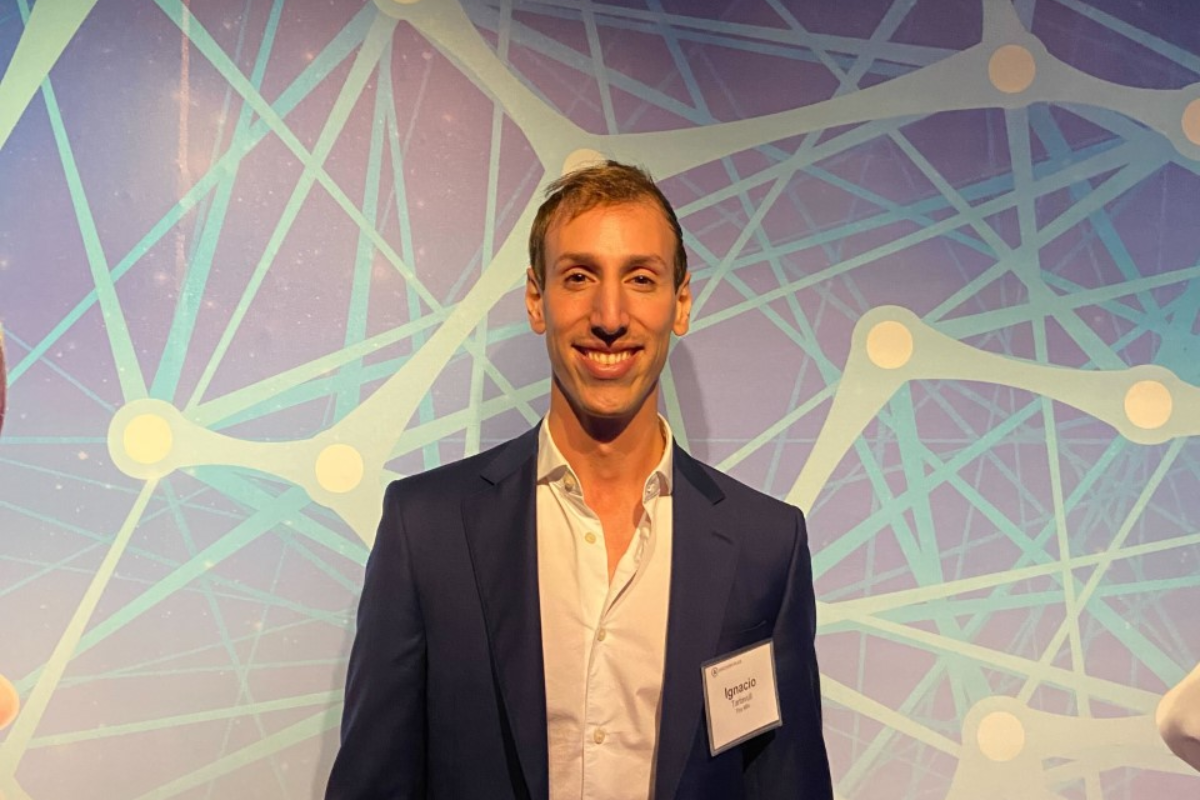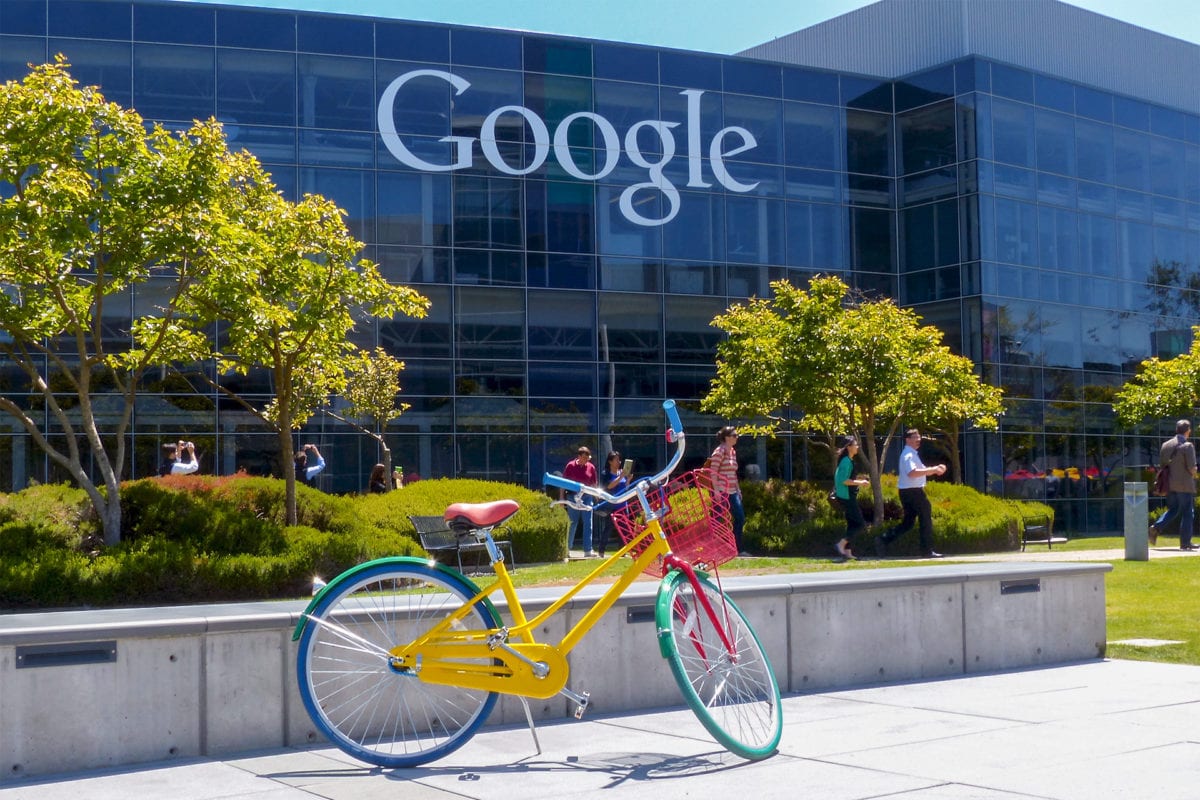Like Lebron James in 2010/1, Ignacio Tartavull took his talents to South Beach. Tartavull is the CEO of Tiny Mile, a Toronto-based tech company that makes delivery robots.
Toronto and Ottawa residents have likely seen the robots, affectionately known as Geoffrey, in person or on social media. The robots are pink with adorable heart-shaped eyes. They’ve been used to deliver meals, medication, and even an engagement ring.
However, that wasn’t enough to keep the bots on the street, as both Ottawa and Toronto’s councils voted to ban Tiny Mile from operating in those cities due to safety concerns. The ban nearly bankrupted the company.
Now, Tiny Mile operates in Miami, Florida and Charlotte, North Carolina in the United States, and is looking to expand. Tartavull believes in the future of the company, thanks in part to changes in attitudes and behaviours around deliveries adopted during the pandemic.
How does Tiny Mile provide a solution that makes environmentally and economically sustainable local delivery possible?
We’ve used technology to build delivery robots that cost a fraction of the normal price to operate, about 10 times less. So, we don’t need to charge 30 per cent commission to a restaurant; just charging 3 percent commission is enough to cover our costs. What we have is really good for businesses and the benefit of having an electric vehicle is that there are no emissions, so it’s great for both sides.
Is there a difference between how city governments approve things or what rules you have to abide by? Or is the American side more welcoming to businesses and innovation?
I think it’s both. There are 23 states that have regulations for delivery robots. They anticipated the benefit of the technology and set limits on the speed of the vehicles, the weight, and so on. So, it’s a very safe place for us to operate. We can just go, comply with the regulations, and we know we start from a good point. On top of that, they’re incredibly welcoming, and we’ve built very strong relationships with them.
In Canada, there isn’t anywhere with regulations. Ontario was supposed to be the first, but the person in charge of the proposal left, then there were elections, and so on. Also, for big cities like Toronto and Ottawa, it’s proven a lot harder to reach people in leadership, to speak face-to-face, and showcase the robot and its safety features.
What did you make of people’s reactions to Toronto and Ottawa’s decision to ban your company from operating?
People’s support was heartwarming. It was incredible, the number of votes the petition got. Because the robots are incredibly visible, there were millions of likes on these videos of all these cute pink robots with heart eyes circulating around, and people loved them. Every day, we’d get messages saying nice things about the robots.
So, when people heard the argument that the robots might be unsafe, it was ridiculous to the people who actually saw them. There were people who commuted and worked where we operated, and they saw the robots everyday, and they never saw any danger with them. There was a lot of outrage, and there still is.
What lasting impacts do you think the pandemic will have on people’s relationship with delivery services?
I think now it’s seen as a priority or fundamental. Before, food delivery was seen as unnecessary, something that a few people can do as a luxury. But in the pandemic, that became a necessity, and I think that’s going to last in people’s minds.
Unlike Uber for example, the people operating the robots are employees, not gig workers. Why is that important?
Well, I was the first pilot [for the robots], and then the engineers of the companies became pilots, and so on. When you’re developing technology, you want to have the people driving in the same room so you can ask them how to improve it. So, it’s natural to have most employees working full-time. You want these people to be overqualified so they can provide great feedback.
The truth is, today, delivery costs like $10; that’s how much it costs given the 30 per cent commission that you pay with the fees and whatnot. Our goal is to make it 10 cents, to make it 100 times cheaper. We’re not there yet, but we’ve made progress. Today, we can make deliveries that are five to 10 times cheaper. But to get to 10 cents, we’ll need to make things fully autonomous, and that’s going to take a decade. Until then, the great feedback we get from pilots in the office, and by asking questions is super helpful.
Marcus Medford | Contributing Writer




















